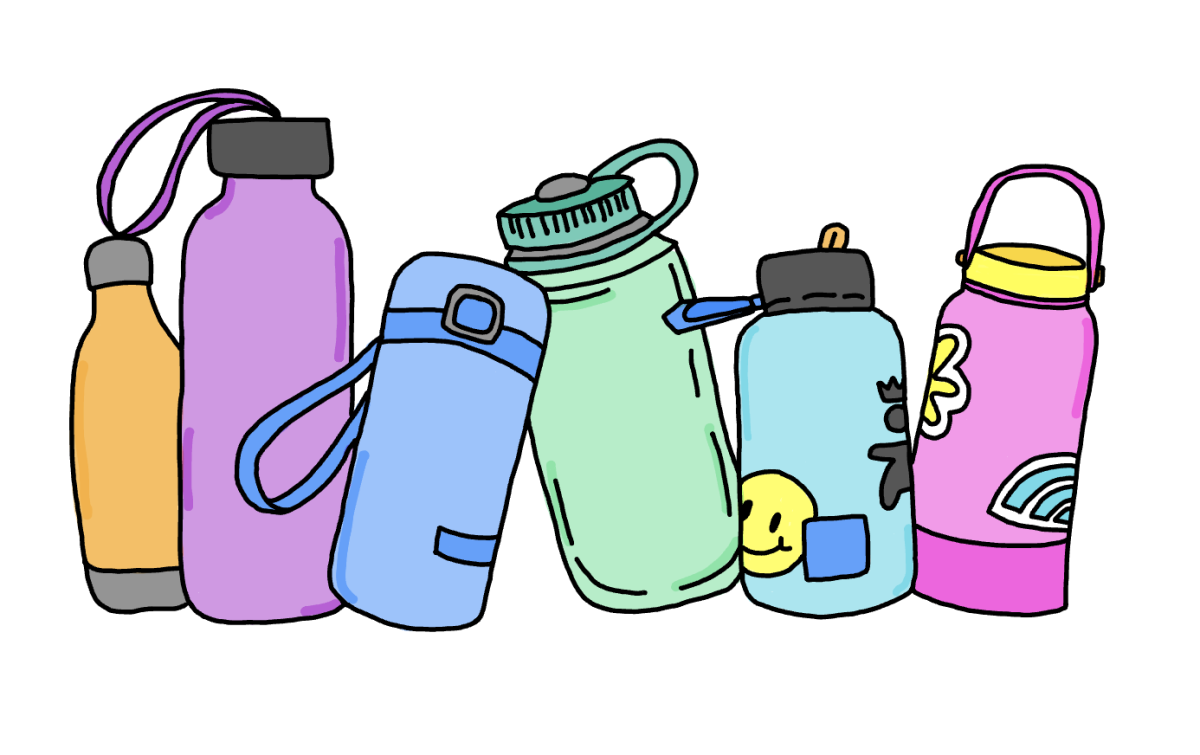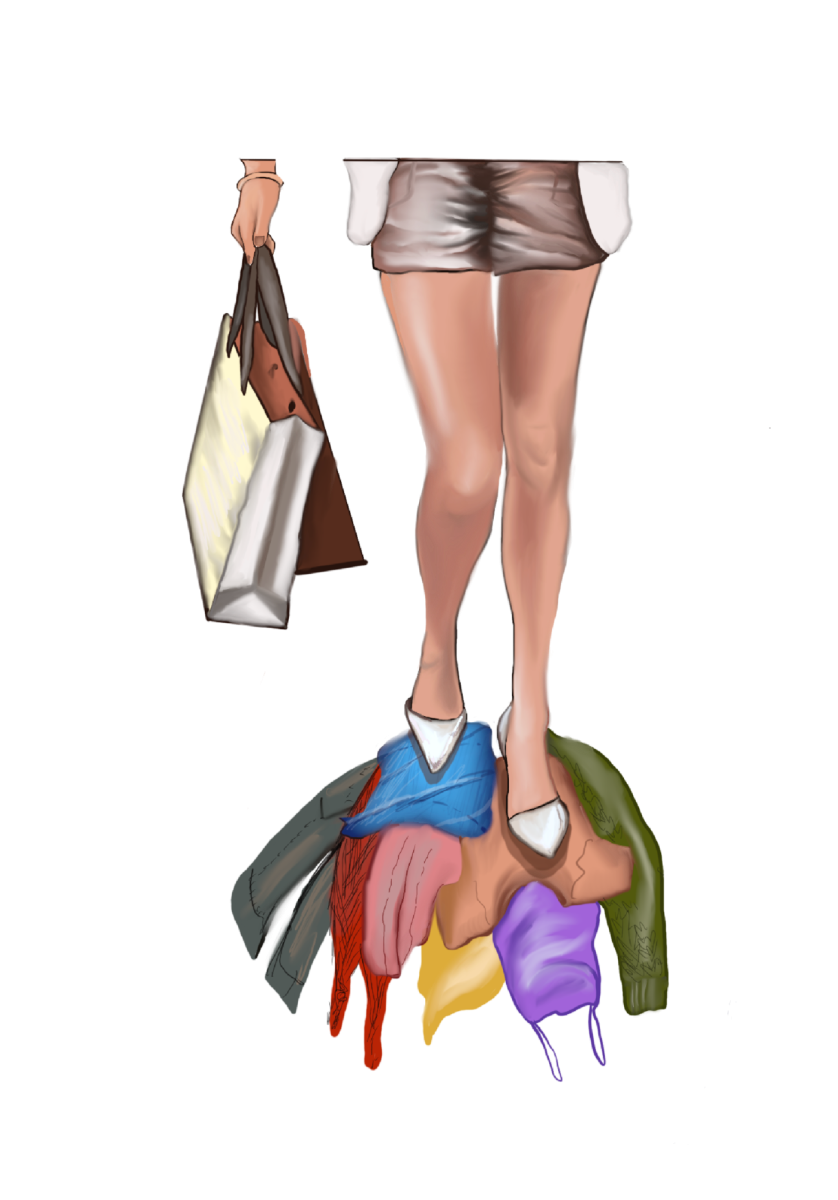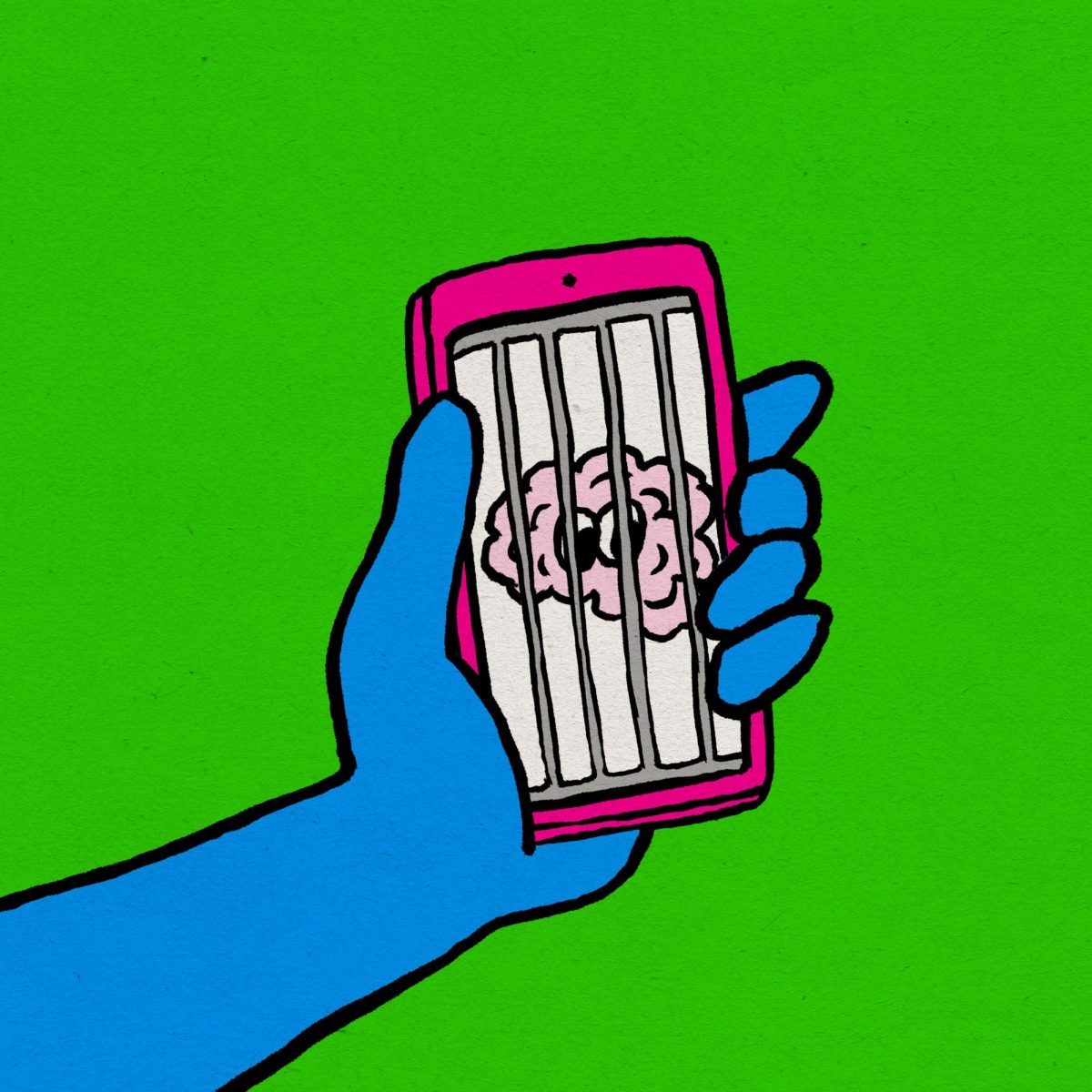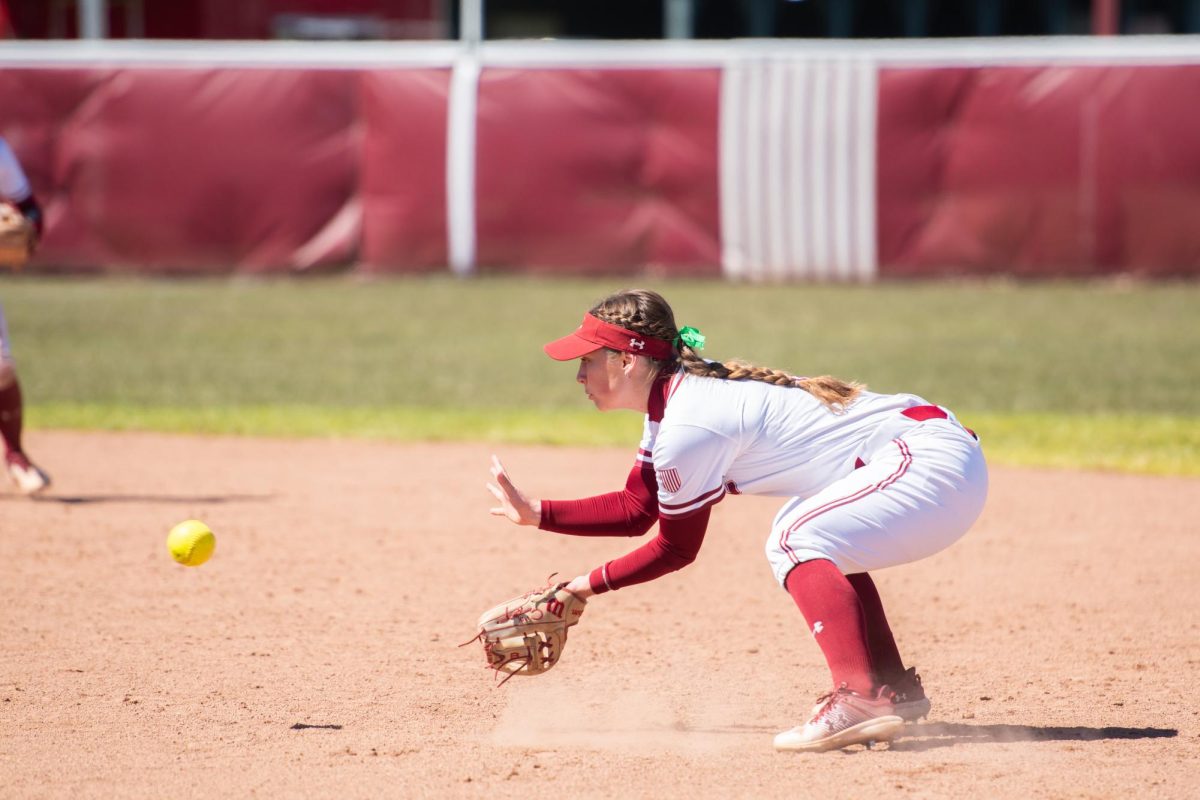Unpopular opinion: Your reusable water bottle isn’t doing anything for the planet — but it’s not your fault.
Glass straws, Hydro Flasks, bamboo toothbrushes and reusable silverware — what comes to mind when you think of these four things? You might say “environmentally friendly” or “biodegradable,” but when I hear those words I think of “marketing opportunity.”
For example, the “Save the Turtles” movement that became popular in 2017. Just one single video of a turtle with a straw in its nose could inspire politicians to pass eco-friendly bills that encourage food-service providers to only use paper straws. While this seemed like a revolutionary step for a more sustainable planet, the reality was anything but that. This campaign demonstrated a fatal flaw in environmental activism: applying a simple solution to a very complex problem. The issue with turtles in the Caribbean is more than what meets the eye. The original turtle video was taken in the Caribbean where the government doesn’t abide by the United Nations dumping ban and doesn’t have the infrastructure to treat its garbage before dumping. Additionally, according to the Condor Ferries 2023 Ocean Statistics, plastic straws make up less than 1% of plastic in the ocean. This problem is bigger than switching to paper straws.
So, what’s the point of all of these environmentally friendly campaigns? The short answer is simple: to make you feel good about yourself. Whenever you remember to use your reusable bag at the supermarket, take a sip from a reusable water bottle, or purchase biodegradable shoes, you are being sold a clean conscience. It feels good to have a moral superiority over the less environmentally driven consumer. With these pseudo-environmentally products, companies create a new market from the panic of climate change and shift the responsibility onto the individual consumer.
In order to increase the marketability of their companies or products, companies will make false claims that persuade you to purchase their products. This is known as “greenwashing.” Greenwashing is the deliberate act of providing consumers with false information on the impact of a product on the environment. Companies like Nike, Keurig and Oatly have all been sued for greenwashing in the last few years. Even the decision to consume eco-friendly goods can be harmful to the environment because companies are lying to their consumers. In addition, the lack of regulation when it comes to green marketing has allowed companies who have participated in greenwashing, like Coca-Cola, to avoid any negative repercussions.
Another word that has been buzzing around in environmental activism is the term carbon footprint. According to CNBC, the average American emits 16 tons of greenhouse gases in just one year. Given that the rising global temperatures are a direct result of greenhouse gasses, environmentalists encourage Americans to take conscious steps to limit their carbon emissions. Some solutions include using public transportation rather than driving, turning off the lights when you leave a room, or eating locally grown food. But while you’re sitting on a bus instead of driving, a private jet flying above you is emitting two metric tons of carbon dioxide per hour. Furthermore, being able to reduce your carbon emissions is not possible for everyone. Reliable public transportation is not a luxury that everyone can afford or has access to and not everyone can purchase an electric vehicle. Again, this problem is bigger than one individual.
All of this is not to say that you should start using plastic bottles and littering. It’s simply to point out that climate change can’t be averted by buying a Hyrdro Flask. We can’t let companies shift the blame for climate change onto individual consumers. We can’t let our representatives and politicians build more pipelines and tear down our forests. But we can vote, which can make a lot more difference than a paper straw.















